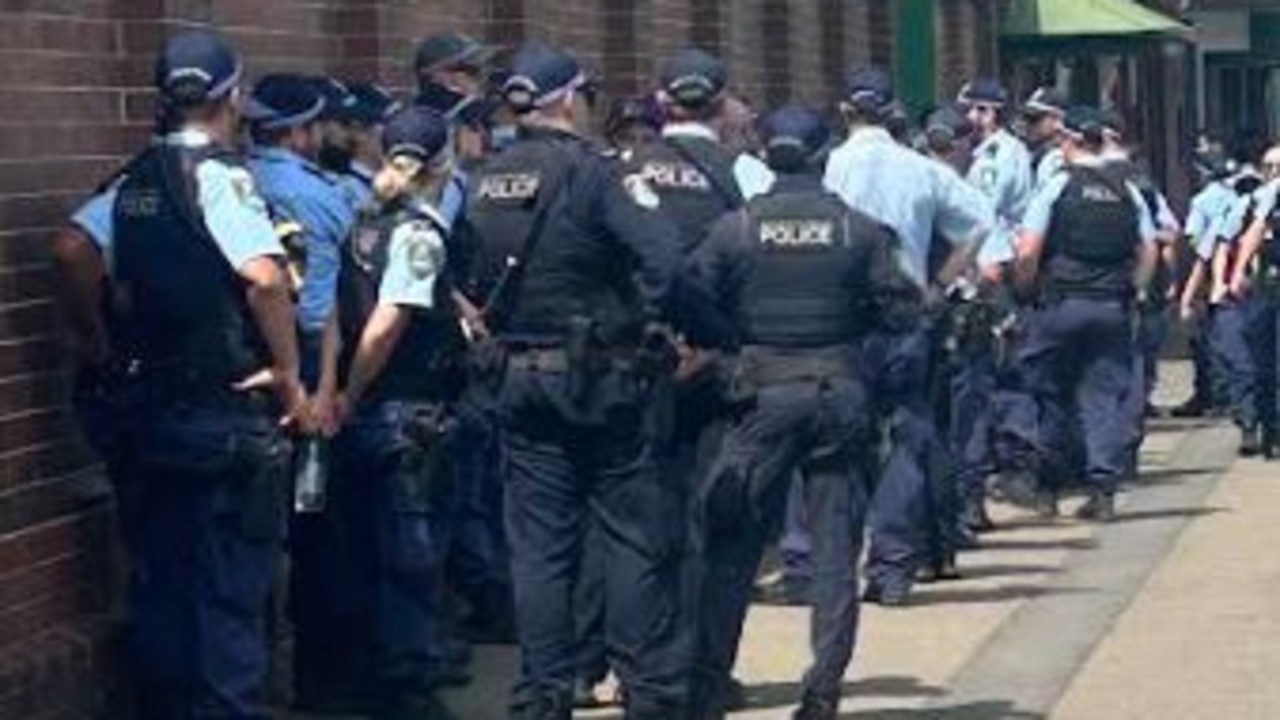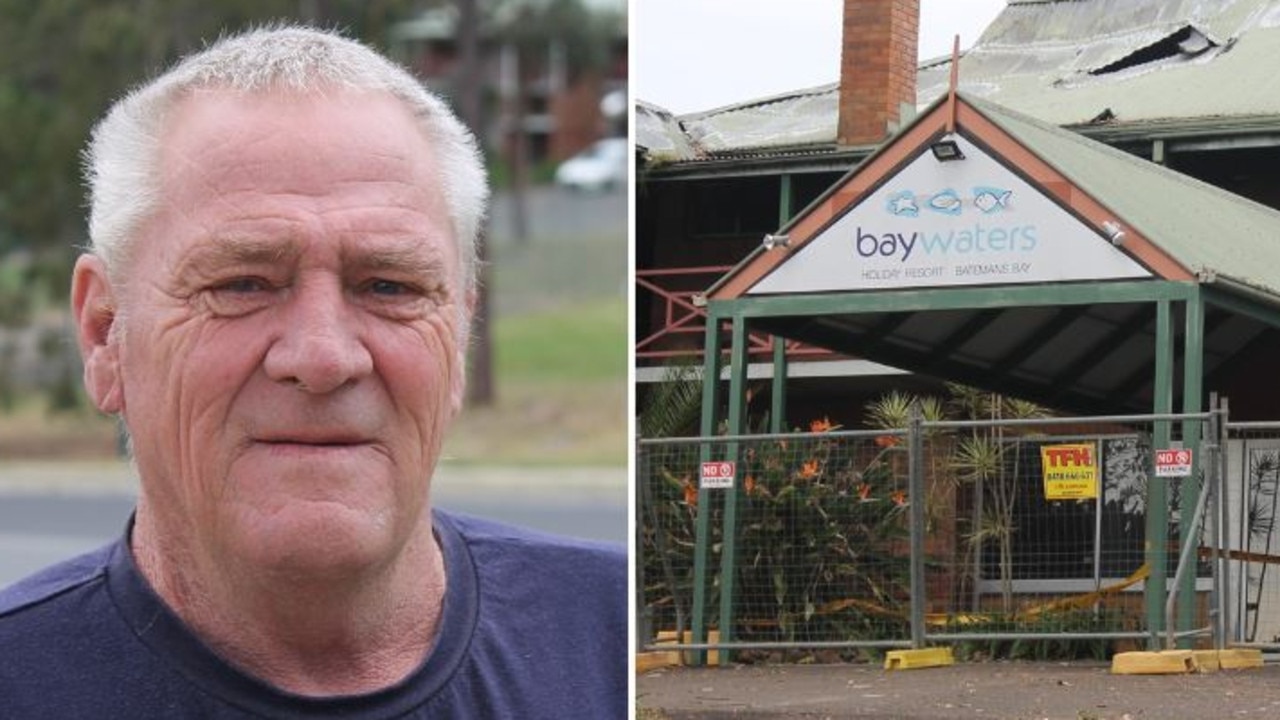Right to Ask scheme to help check if a partner has a violent past
Women will be able to find out whether their partner has been convicted of any domestic violence offences under a new trial designed to prevent them from becoming victims of abuse.

NSW
Don't miss out on the headlines from NSW. Followed categories will be added to My News.
Women will be able to check if their partner has been convicted of domestic violence under a new scheme designed to protect people from harm.
The Right to Ask scheme, revealed by The Daily Telegraph today, is designed to prevent people, particularly women, from experiencing domestic abuse by allowing them to check if their new partner has a violent past.
Premier Dominic Perrottet will unveil the new trial today in a win for The Daily Telegraph’s Swipe Them Out campaign, which was launched after 31-year-old teacher Dannielle Finlay-Jones was allegedly murdered by a man she met on a dating app.
Ashley Gaddie, 33, is accused of killing Ms Finlay-Jones in a Cranebrook home last month. Gaddie has previously been convicted of stalking, choking and two counts of assault. He has also been the subject of five separate AVOs from former partners since 2016.
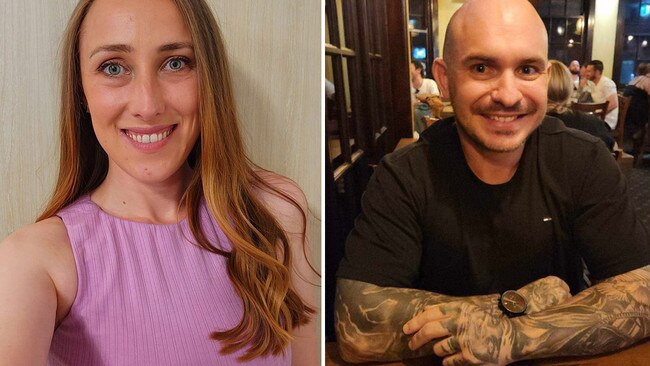
Those convictions would be the type of history able to be disclosed to a partner under the Right to Ask scheme.
The program is the first trial of its kind in Australia since 2016, when the NSW government tested a similar disclosure scheme.
“There are simply too many heartbreaking stories of women and men being seriously hurt or murdered in circumstances where the perpetrators had a history of prior domestic and violent criminal offences that they didn’t know about,” Mr Perrottet said.
People will be able apply for information on their partner via a hotline or website.
Strict privacy provisions will be in place, including ID checks and a requirement for a statutory declaration confirming the person applying for information is in a relationship with the person they are asking about.
Penalties will apply for malicious applications.
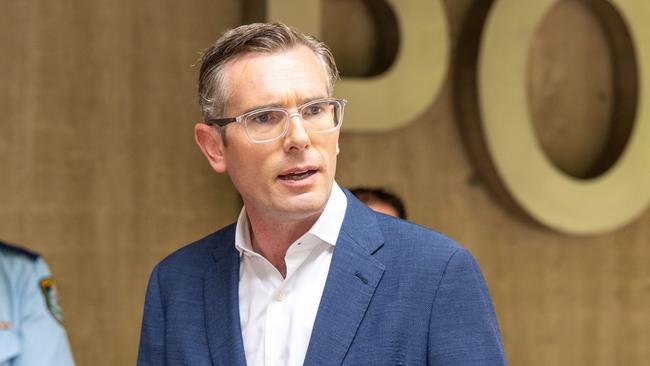
The penalty aspect of the scheme means Mr Perrottet would have to introduce legislation which would have to pass through parliament after the March election.
Mr Perrottet said the law was not the “only solution – but if it saves one life then it will have been worth it”.
Police Minister Paul Toole said the policy built on lessons from the 2016 trial, which was not widely used due to barriers to making applications.
It required people seeking information to attend a police station in just four locations, leading to poor take-up.
Also, since 2016 more people are dating online and via apps, leading to the belief more people will use the scheme.
“The dating landscape has shifted since then, with more and more people accessing dating apps and dating outside known friendship circles,” Mr Toole said.
“This is an opportunity to help people go into relationships with their eyes wide open.”
The trial will be reviewed after 12 months.
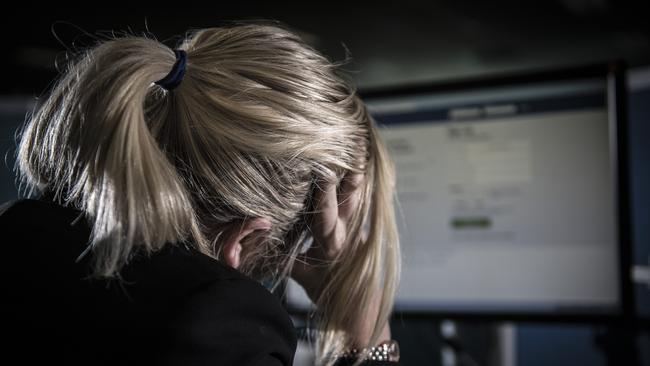
NSW Police Commissioner Karen Webb said she was fully behind any initiative that helped keep people safe in their relationships.
“The NSWPF fully supports a process that gives people the power to make an informed decision about who they are in a relationship with,” she said. “We look forward to working … to get this up and running.”
Director of clinical and client services at counselling and advisory provider Full Stop Australia Tara Hunter said the idea was a good place to start.
“I think we need some sort of processes where people can have access to that information,” she said.
She said the trial would need to be carefully administered to ensure privacy, and to keep women seeking information about partners safe.
Carmen Perez and Emma Rosell, who have both moved to Sydney from Spain to study, said the trial was a good idea even if it was not something they would necessarily use.
“I definitely think it could make things safer, Ms Perez told The Telegraph.
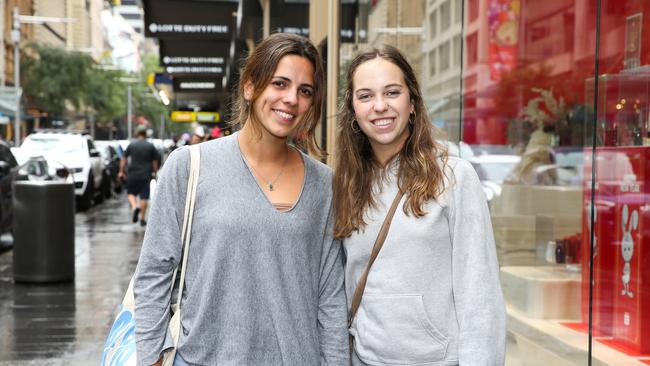
The implementation of a “right to ask” law will make some women feel safer when going on dates with someone new.
Claire Jones has had some close calls in the past and believes the new law will help make dating safer.
The 25-year-old from Newcastle had agreed to go on a date with a man she met online, who she did not know at the time had been convicted of a sexual misdemeanour.
“I wouldn’t have known, but a friend of a friend heard I was going on this date, they knew the guy and flagged it,” Ms Jones said.
“I didn’t go on the date after that. It (a right to ask) would have come in handy.”
Meg Lewis who is also from Newcastle agreed. “It’s such a good idea,” she said. “Hopefully it will help make dating safer for women.”
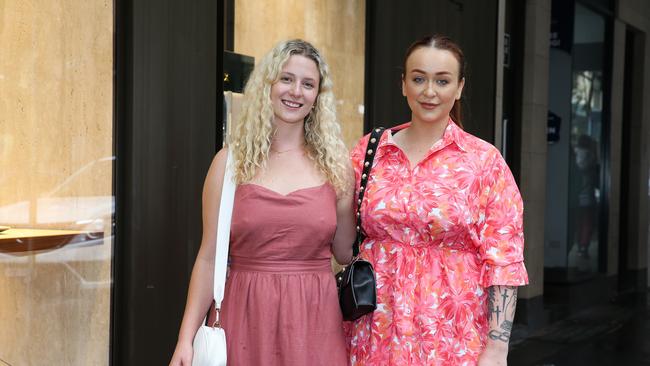
Friends Hannah Linsley and Olivia McTigue previously lived in the UK where right-to-ask legislation called Clare’s Law has already been enacted.
“It should be a law worldwide,” Ms McTigue said.
“In fact I think every dating platform should have something similar built into it.”
Ms Linsley said while she hadn’t used it back in the UK, it was something she would use should she feel the need.
DATING APPS TO ATTEND NATIONAL SAFETY SUMMIT
Popular dating apps Bumble, Match and Grindr will take part in an urgent national summit with all levels of government and experts to stamp out abuse and harassment in the online matchmaking world.
Preventing exploitation of users of dating apps, supporting those who experience harm and examining industry efforts to improve safety are all issues on the agenda for the roundtable being convened by federal Communications Minister Michelle Rowland on the issue on January 25.
The summit follows calls from News Corp’s Swipe Them Out campaign to address safety concerns rampant in the online dating world.

Ms Rowland will be joined by Social Services Minister Amanda Rishworth, Australia’s eSafety Commissioner Julie Inman Grant and criminology experts, in addition to representatives from the big tech platforms.
State and territory ministers representing a range of portfolios including women, the prevention of family an d domestic violence, child protection and the digital economy, will also take part in the roundtable.
News Corp launched its online safety campaign in the aftermath of the death of Sydney teacher Dannielle Finlay-Jones, who police confirmed met her alleged killer on a dating app.
Ms Rowland said every Australian deserve to live free from harassment and all forms of violence, including when using online dating and matchmaking services.
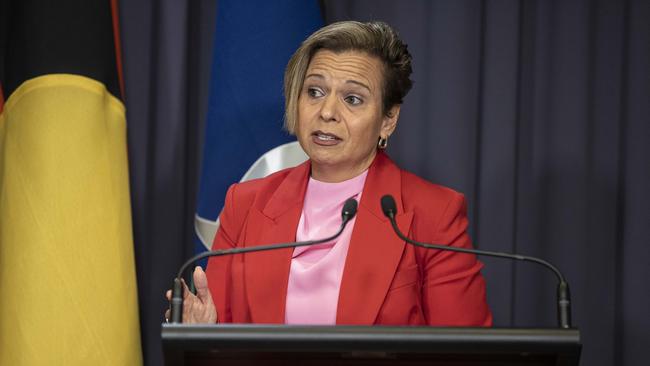
“Online dating is one of the most popular ways to meet a partner,” she said.
“We need to ensure platforms have the appropriate safeguards for those who use them, and effective mechanisms to report an incident if something does go wrong.”
Ms Rowland said she was concerned by recent research by the Australian Institute of Criminology, which found “unacceptably high” levels of harm being experienced by users of dating apps.
Three in four people surveyed by the AIC revealed they had been victims of some form of sexual violence in the past five years, perpetrated by someone they communicated with on a dating app or website.
“The National Roundtable on Online Dating Safety this Wednesday will be an important step forward in this conversation about how we can improve safety for the many Australians using online dating apps,” Ms Rowland said.
“A key focus of this discussion will be to look at what industry members are doing to prevent the exploitation of their services by perpetrators, to identify what more could be done to improve the safety of users, and to consider what further action is required by government and industry to improve online dating safety.”
NSW Police recently joined a growing chorus calling for dating apps to require users to provide their real identity before being granted access to the platform.
Other experts have pushed for AVO offenders to be banned from dating apps.
More Coverage
Read related topics:Swipe Them Out



